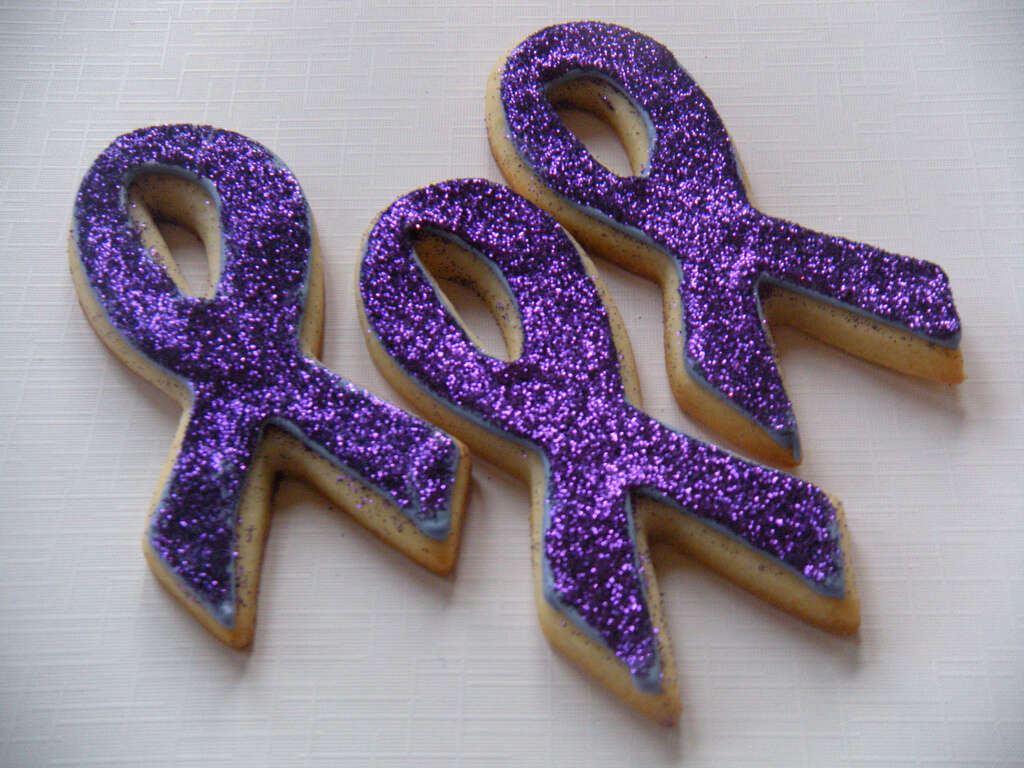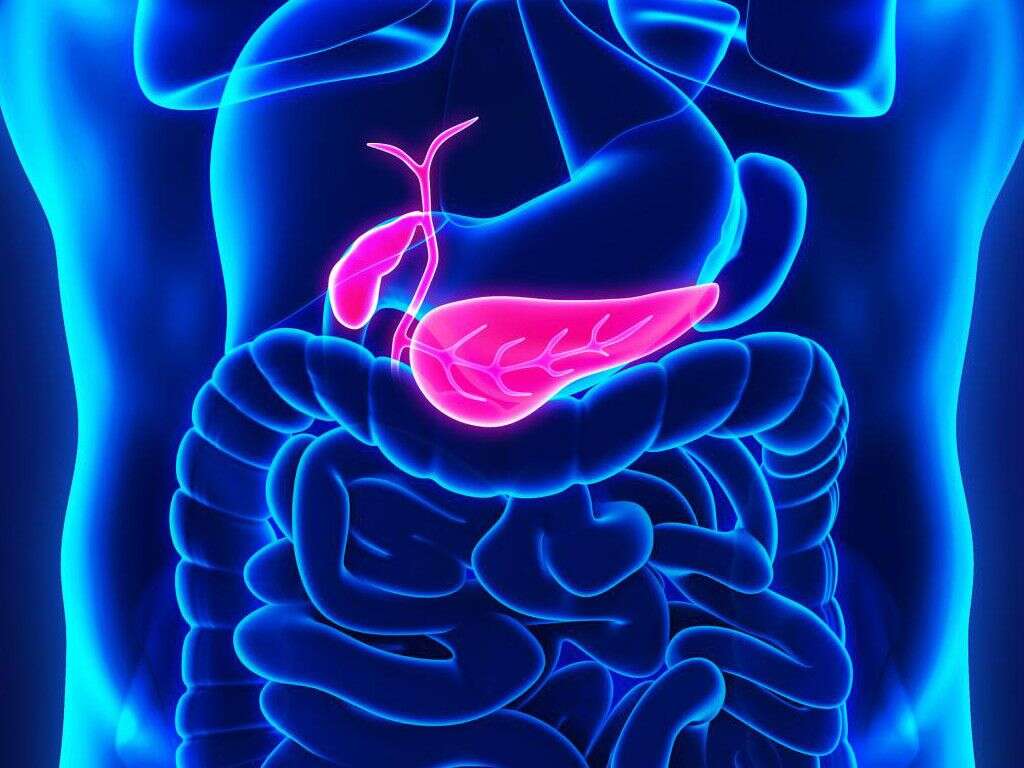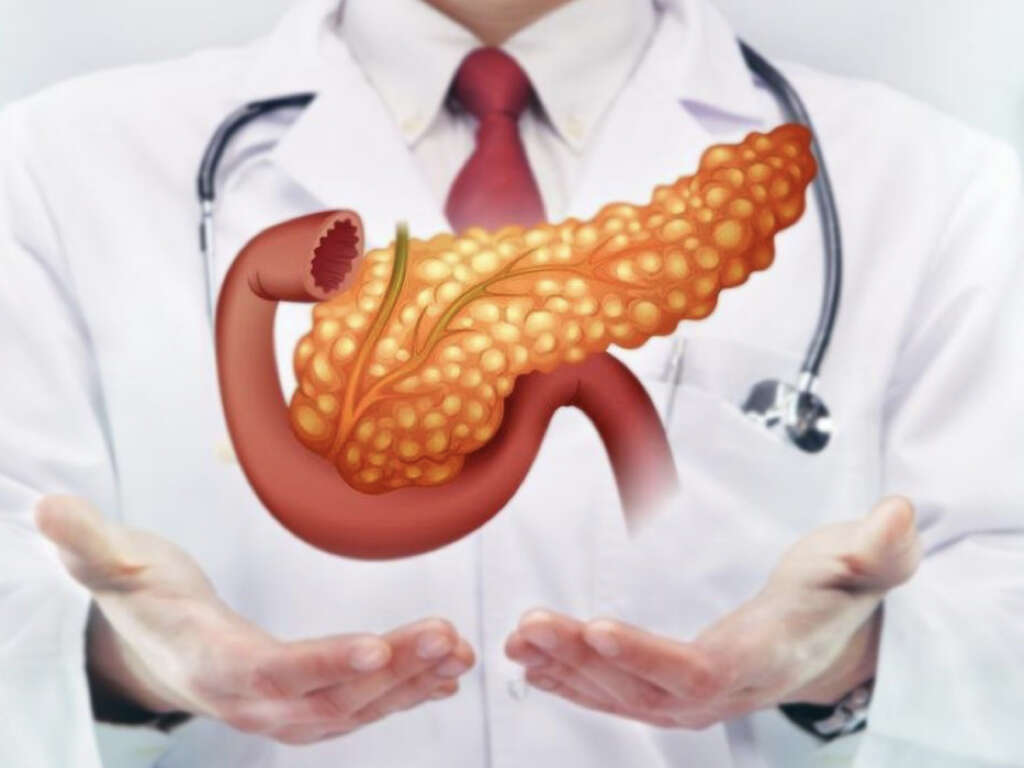10 Pancreatitis Symptoms
Pancreatitis is a disease in which the pancreas is inflamed or swollen due to the enzymatic autodigestion of the gland. There are two types of pancreatitis, namely acute pancreatitis, and chronic pancreatitis. Acute pancreatitis has a sudden onset and usually heals without impairment of function, while chronic pancreatitis is a recurrent condition that develops over a period of time.
It is uncertain what events trigger the onset of pancreatitis. However, several factors increase the risk of its onset. Accumulation of gallstones increases the risk of acute pancreatitis. Gallstones are formed from bile; and when large in size, they can block the main pancreatic duct where it joins with the bile duct to form the ampulla of Vater. Another main factor that leads to the development of acute and chronic pancreatitis is the long-term consumption of excessive amounts of alcohol. Smoking, certain medications, endoscopic procedures (endoscopic retrograde cholangiopancreatography) and abdominal trauma increase the risk of developing pancreatitis. Pancreatitis may also develop due to high blood calcium levels, hypertriglyceridemia, and some hereditary factors.
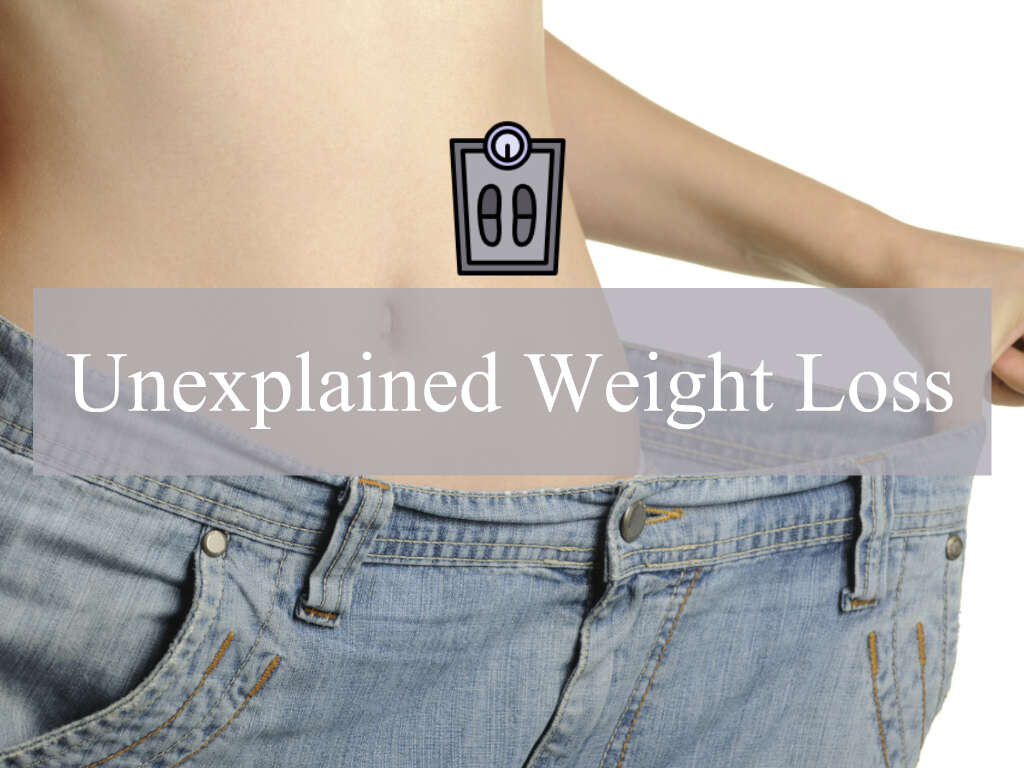
Symptom #1: Abdominal Pain
Abdominal pain is a common symptom for both acute and chronic pancreatitis. In both cases, the pain occurs in the upper middle (epigastric region) and left side of the abdomen. The pain may reach the left shoulder blade and spread downwards into the lower back.
Stomach pain associated with pancreatitis can be different from ordinary stomach-ache because pancreatic abdominal pain persists and worsens for several days without treatment. The pain is usually worse after a meal and when you lie down flat. However, getting into the certain positions (i.e. fetal position) may provide some relief. If you experience abdominal pain that won’t go away, it is recommended that you seek medical attention1.
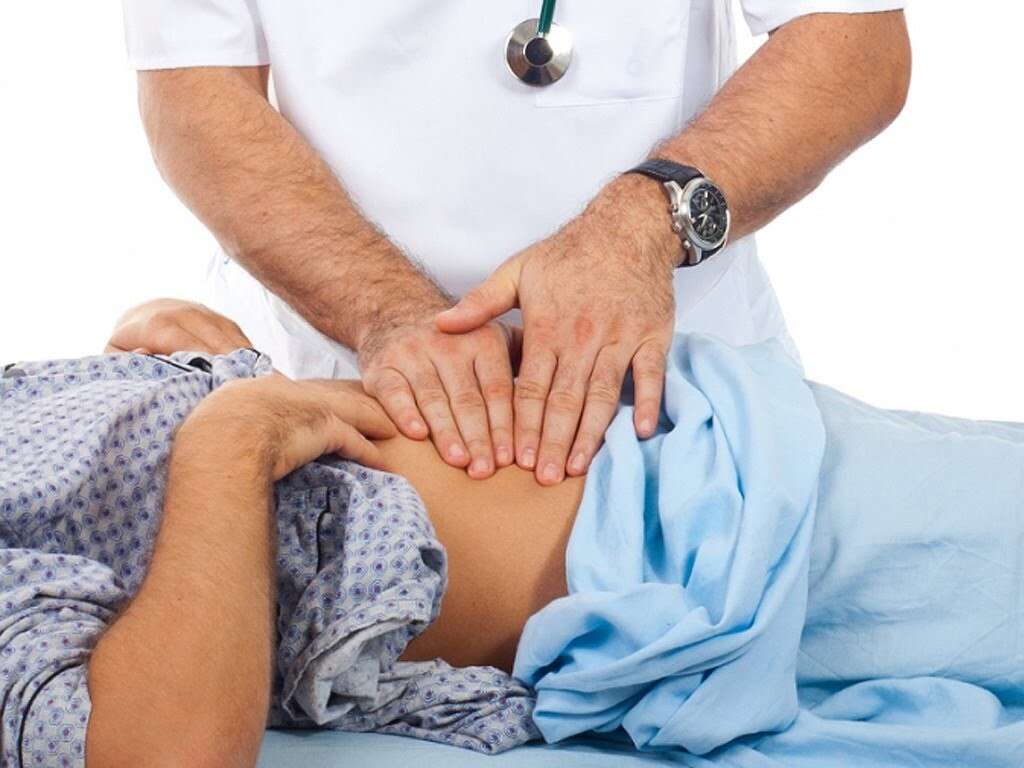
Symptom #2: Swollen Abdomen
Patients with pancreatitis can experience abdominal distension along with abdominal pain and/or abdominal tenderness. Note that there are several other common causes of abdominal distension such as bowel distension, ascites, ileus, and more.
If you experience severe abdominal pain with abdominal distension do not hesitate to consult with your physician.
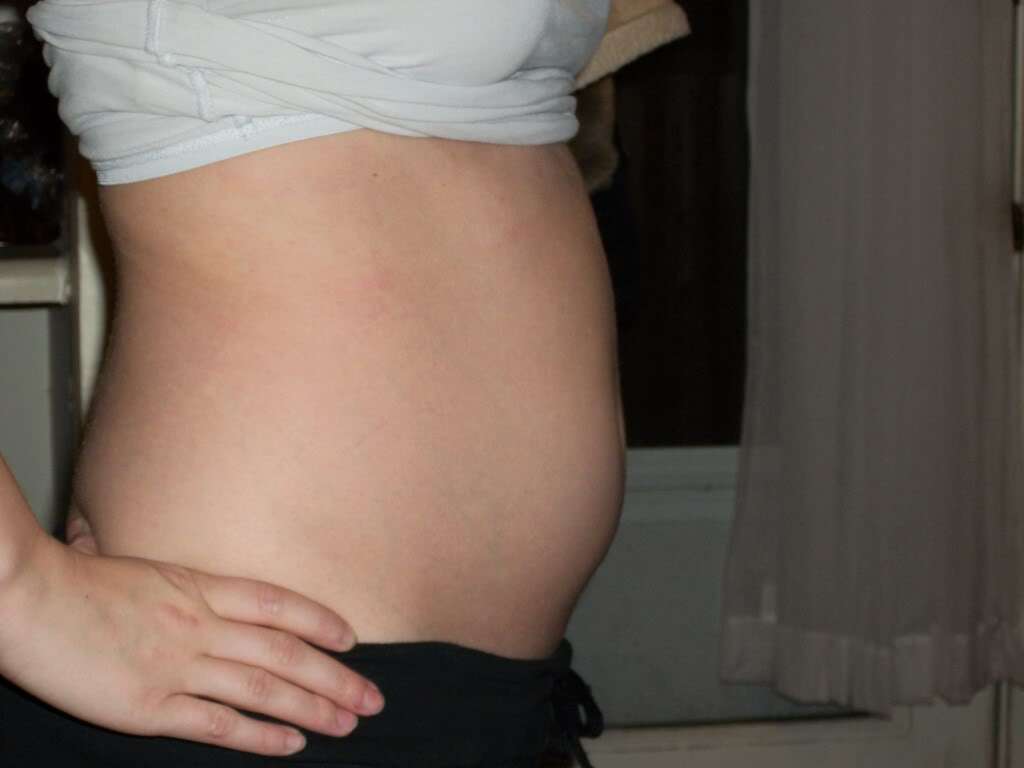
Symptom #3: Weight Loss
Even though a lot of people would like to lose some weight, it does not always happen on purpose. Especially in chronic pancreatitis, patients can experience weight loss. Significant weight loss that happens without any effort on your part could be a sign of a chronic pathologic process like chronic pancreatitis.
Besides the loss of weight, patients with pancreatitis can also develop poor appetite, and vomiting.

Symptom #4: Fever
Fever is considered any body temperature above 100.4 F (38 C˚). It may also be accompanied by shivering and headache. Patients with pancreatitis commonly present with fever. Moreover, approximately 76 percent of patients with acute pancreatitis report fever.
Remember that the sensation of warmth and discomfort associated with an elevation of body temperature is subjective and does not constitute accurate information about your condition when reporting it to your physician. Before reporting “fever” to your physician, remember to take your temperature with the use of a thermometer.

Symptom #5: Poor Appetite
Pancreatitis can lead to poor appetite and anorexia. This is a common pancreatitis symptom that occurs due to a number of issues related to the inflammation of the pancreas. Moreover, because the pain can increase when the patient ingests food or drink, they are likely to experience some apprehension at the prospect of eating. Additionally, because the digestive enzymes normally synthesized by the pancreas are missing or inadequate, some food may remain in the stomach for a long time. This can cause the patient to feel full for longer.
Loss of appetite for an extended period of time can cause unexplained weight loss. If you experience a sustained loss of appetite that leads to loss of weight, you need to consult a doctor for advice and testing.

Symptom #6: Nausea & Vomiting
Feeling sick or nauseated is another common symptom of pancreatitis. Nausea may be accompanied by vomiting. The nausea may start as a mild feeling in the morning and worsen as the day progresses.
When these signs are accompanied by poor appetite or increased pain after eating or drinking, seek medical attention to rule out any important pathologic process like pancreatitis.

Symptom #7: Jaundice
Jaundice can be defined as the yellowish pigmentation of the skin, mucous membranes and sclera of the eyes due to high levels of bilirubin in the blood. There are many causes of jaundice which range from mild to fatal conditions. Jaundice can occur when there is excessive red blood cell breakdown, consumption of certain foods, side effects of medications, gallstones, pancreatitis, leptospirosis, and more.
One important cause of jaundice in pancreatitis is the obstruction of the bile duct by calculi impacted in the choledochus or ampulla. Another cause of duct obstruction is the stenosis of the bile duct (i.e. in chronic pancreatitis). Enlargement of the inflamed head of the pancreas, and the presence of fibrosis or pseudocysts can also produce jaundice.

Symptom #8: Fatty Stools
Foul smelling fatty stools, also called steatorrhea, can indicate that your digestion is impaired. The fat you see in the stools is a sign of poor absorption of some nutrients. This means that even after eating, substantial amounts of the nutrients in your food pass through the digestive system without being broken down by digestive enzymes. As a result, the nutrients in those foods are not absorbed and don’t make it into the bloodstream.
It is worth noting that the pancreas synthesizes digestive enzymes which normally flow into the intestines where they help break down food. However, when the pancreas is inflamed, it becomes inefficient in the production of digestive enzymes.
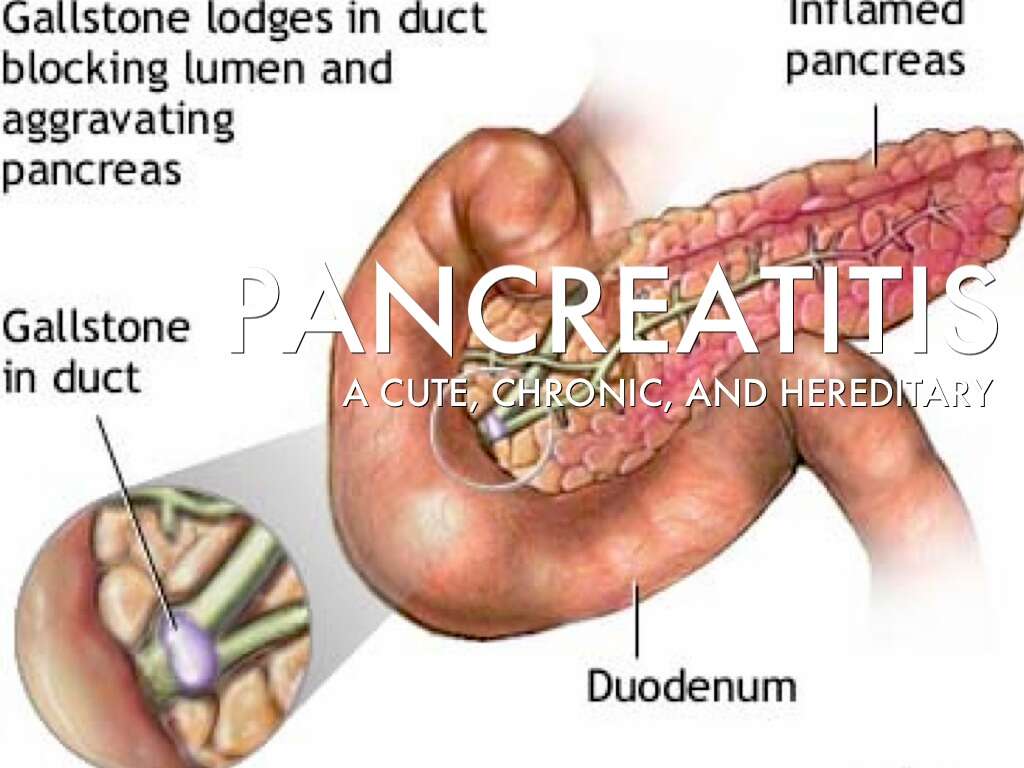
Symptom #9: Dyspnea
Dyspnea refers to shortness of breath or difficulty breathing. It has been defined as a subjective experience where the affected individual experiences chest tightness, the increased effort needed to breathe, and the feeling of not having enough air. It can occur as a symptom of a complication of acute severe pancreatitis.
In the last phase of the disease process, severe pancreatitis can be complicated by the dysfunction of several organ systems. Complications that affect the respiratory tract are the most important and can be the most severe. Pulmonary damage can occur as a result of pancreatitis, ultimately leading to a very serious manifestation known as acute respiratory distress syndrome (ARDS). Sadly, ARDS has a mortality rate around 30 to 40 percent. Other complications of severe acute pancreatitis include pneumonia, atelectasis, pleural effusion, mediastinal abscess, among others.
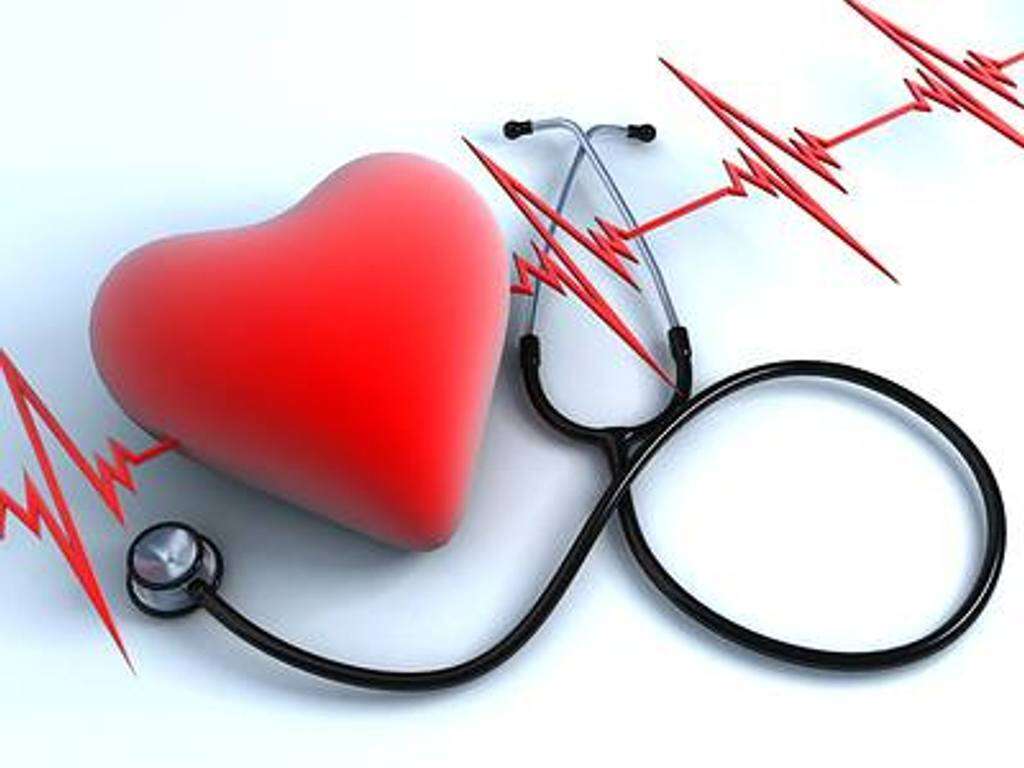
Symptom #10: Fatigue
As a chronic inflammatory process, chronic pancreatitis commonly causes fatigue. Additionally, the pancreas is the organ within which insulin is produced. When the pancreas is damaged extensively, especially due to chronic pancreatitis; production of insulin is affected, and may stop altogether. When this happens, the body will not have insulin to control blood glucose levels and to help get it into body cells.
When processing of glucose to produce energy is affected, the body will have minimal amounts of energy. This can lead to fatigue, and high blood glucose. Fatigue is a common symptom of many conditions. Thus, it is not specific for pancreatitis.






